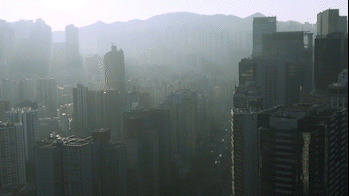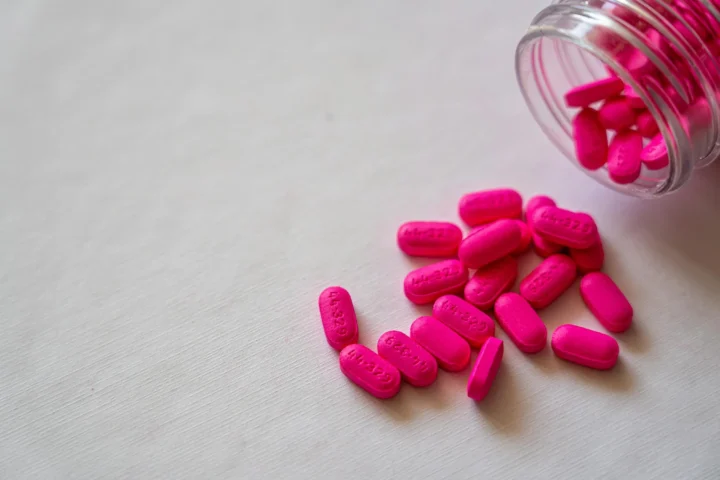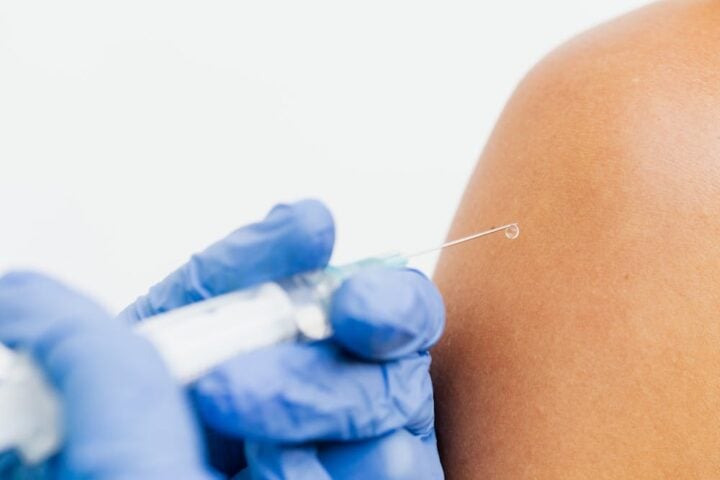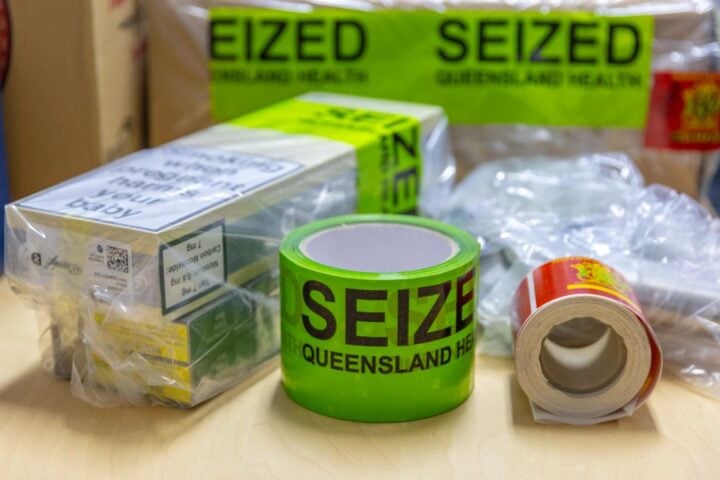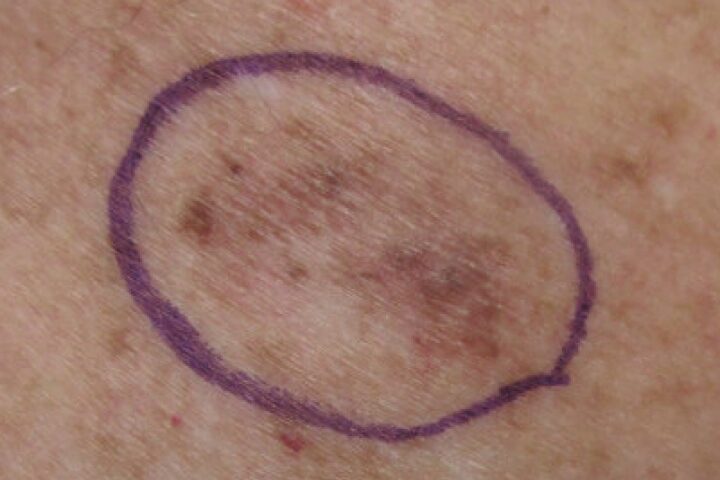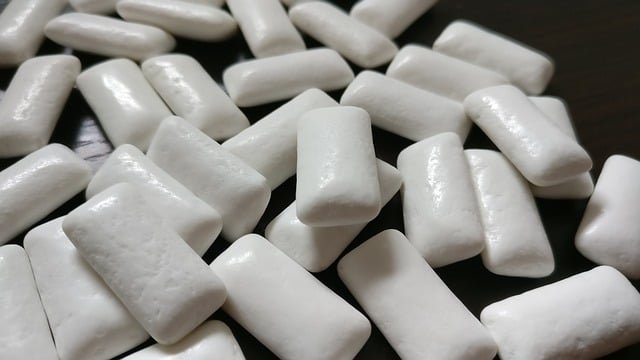The pandemic saw a slow down of the working of the world’s economy. However, this change was not accompanied by a drop in pollution. Particulate pollution has remained unchanged from the levels in 2019. Particulate pollution is medically proven fatal for the global population & long term exposure to air pollution at any level can be hazardous for human life. This new knowledge that even low levels of air pollutants can cause danger has led the World Health Organisation (WHO) to revise the current levels from 10 µg/m³ to 5 µg/m³. WHO’s revised guidelines puts 97.3% of the world in the unsafe zone.
Even before the updated guidelines, South Asia had been facing the deadly effects of pollution. South Asia bares almost half of the global burden of this pollution. This pollution shaves off an average of 5 years of their life expectancy. This number rises even higher in the more polluted regions. India is leading in its pollution, with 44 per cent of the world’s increase in pollution originating here since 2013. In direct opposition to this, China’s “war on pollution” policy has been essential in reducing global pollution.
To understand the actual effect of this pollution on life expectancy, we can compare it to other problems that reduce life expectancy. It has a similar effect to smoking, but it is more than three times the effect of alcohol addiction and contaminated drinking water, six times the impact of HIV/AIDS, and 89 times the effect of violence and terrorism.
A joint report by the AQLI and EPIC (Energy Policy Institute at the University of Chicago) reveals that the new, WHO’s revised guidelines puts 97.3% of the world in the unsafe zone of the global community into the designated danger zone. Their new research shows that pollution at that level will lower the global life expectancy by 2.2 years.
Michael Greenstone, the creator of the AQLI, compares this effect in a dramatic quote, “It would be a global emergency if Martians came to Earth and sprayed a substance that caused the average person on the planet to lose more than two years of life expectancy. It is similar to the situation in many parts of the world, except we are spraying the substance, not some invaders from outer space.” He adds that there’s no need to lose hope as with dedicated policies and a drive to change, we can fight off these changes. With these updated guidelines by the AQLI and WHO, there is a new understanding of the effect of pollution on health. This new knowledge creates a better case for the governments to prioritize and update their policies.
